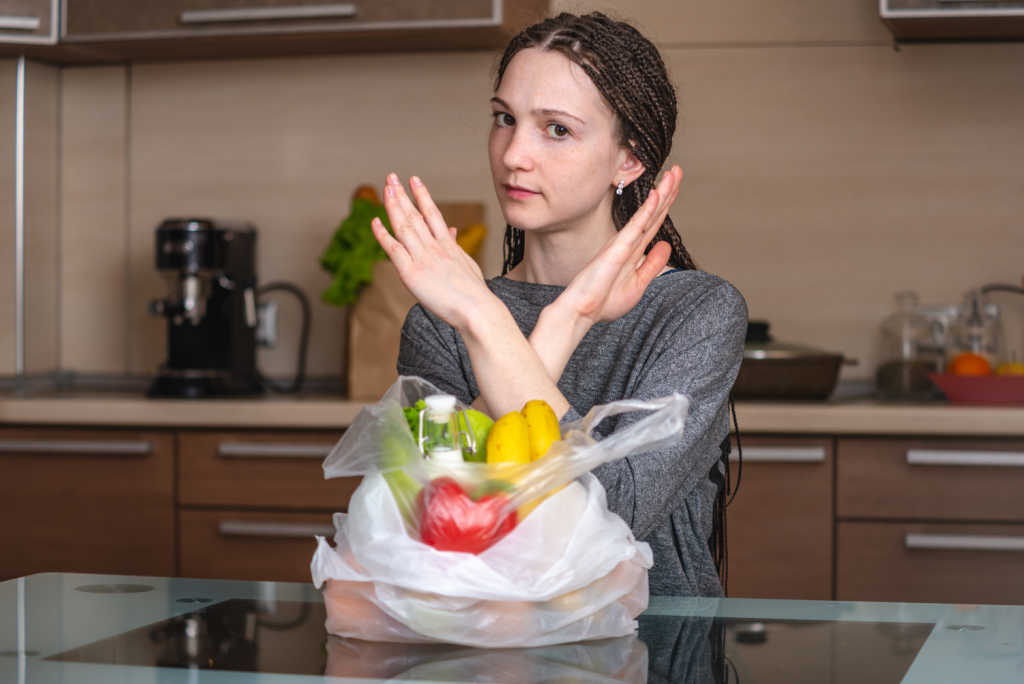
Why are plastic straws getting banned in many countries? Straws are essential to many people. Disabled people rely on them to drink their beverages and eat food. Moreover, they pollute forests and oceans and may account for 20% of the world’s oil consumption by 2050. They are non-biodegradable, which makes them a potential source of oil pollution.
Disabled people rely on straws to consume food and beverages
Plastic straws are easily available and can be purchased cheaply at most stores. Although the ban has made plastic straws more difficult to find, there are still some stores that offer these products for purchase. Since they are so common, it is not as hard to find them as one might think. Still, they can be expensive and difficult to find for people with disabilities. Hence, the ban may make these products harder to find for these individuals.
While many people take them for granted, straws are a symbol of freedom for some disabled people. In the 1940s, Joseph B. Friedman invented the Flex-Straw to help patients in hospitals. Although the benefits of this invention for the disabled were not realized for almost 70 years, they remain an important part of the daily life of many people. Disabled people who cannot lift their cups to their mouths appreciate this invention.
Straws pollute oceans and forests
We use millions of plastic straws every day in the U.S., and most of them don’t get recycled. Instead, they end up clogging oceans and killing marine life. And, since most plastic straws are made of non-recyclable plastics, they can’t be easily recycled, so they often end up mixed with recyclable materials. And, because they’re so light, they can’t be properly separated. As a result, they end up in landfills, which is a big problem.
Some businesses have already taken the necessary steps to reduce the pollution caused by plastic straws. In New Jersey, for example, the Department of Environmental Protection recently announced that fast food and convenience stores would no longer be allowed to provide plastic straws to customers. They will have to educate their customers and employees about the new law. Still, consumers can still purchase straws and strawless drinks prepackaged in cups. However, many companies and restaurants are embracing the new laws.
They may account for 20% of the world’s oil use by 2050
The building blocks of plastics are fossil fuels, which are extracted through methods such as horizontal drilling, fracking, and injection of water, chemicals, or sand. Then, these fuels are transported to the final consumer through pipelines, trucks, and trains. These methods of extraction are carbon-intensive. One report estimates that the use of plastic straws is responsible for approximately 12.5 million metric tons of carbon dioxide equivalent annually.
The climate crisis is linked to the plastic problem. The plastic industry is ramping up the production of plastics, which are made of oil and gas byproducts. The plastic industry is already responsible for 14 percent of the world’s oil use, and it’s expected to account for nearly half of that increase by 2050. In addition, plastic production is disproportionately affecting people of color and low-income communities. As oil and gas prices rise, companies are turning these wastes into plastics.
They are not biodegradable
A recent study revealed that there are 437 million to 8 billion plastic straws floating in the ocean. They are not biodegradable and account for around 4% of global pollution. While we might think that the plastic used to manufacture straws is completely biodegradable, the fact is that they do not. In fact, some scientists estimate that they are responsible for as much as 4% of the planet’s pollution. Banning plastic straws will help save the environment, but only as long as people are aware of the problem and are willing to take action.
Bans aren’t an easy issue for food service operators. While biodegradable straws do have advantages over plastic ones, not all materials can be composted. Most cities do not have the infrastructure to compost biodegradable straws, and not all of them actually break down. In addition, banning plastic straws in restaurants poses a major challenge for small-business owners. Greek restaurants have stopped handing out plastic straws, and a bubble tea vendor in Seattle reported difficulty in finding plastic straws strong enough to handle the delicate tapioca pearls in their drinks.

